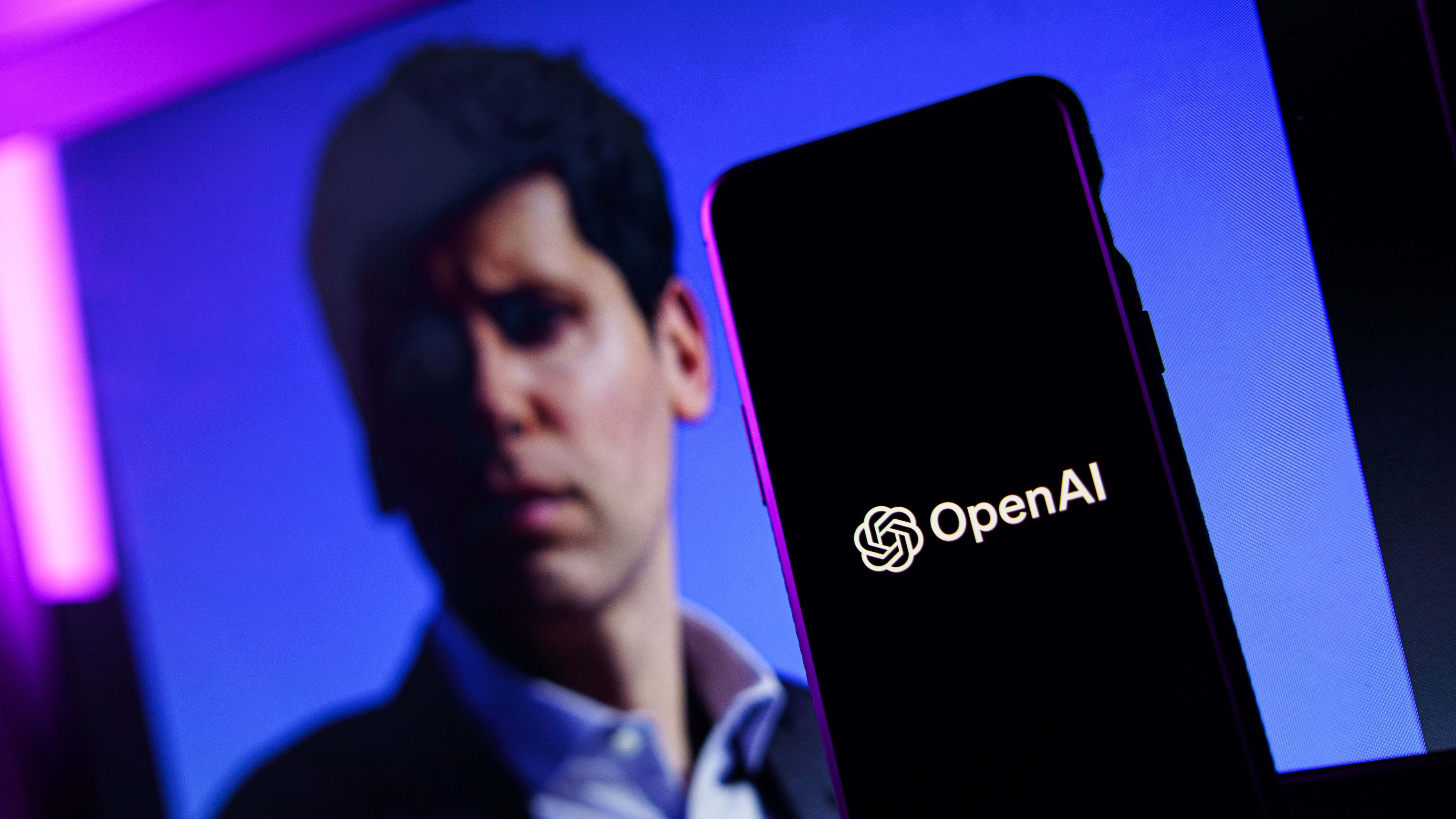OpenAI Announces Plans for New AI Hardware Devices

Key Points
- OpenAI is developing smart glasses, a digital voice recorder, a wearable pin, and a speaker without a display.
- Manufacturing partners include Luxshare and Goertek, both of which have supplied Apple.
- Former Apple design chief Jony Ive and other ex‑Apple executives are involved.
- Target launch window is late 2026 or early 2027, likely starting with a single device.
- The devices aim to complement, not replace, phones, tablets, and laptops.
- OpenAI seeks to improve on earlier AI wearables that saw limited success.
OpenAI is developing a range of AI-enabled hardware, including smart glasses, a digital voice recorder, a wearable pin, and a smart speaker without a display. The company is partnering with manufacturers such as Luxshare and Goertek—suppliers also used by Apple—and has attracted former Apple executives, including Jony Ive, to the effort. A launch is targeted for late 2026 or early 2027, with the possibility that a single device will debut first. The goal is to create accessories that complement existing phones, tablets and laptops rather than replace them, learning from earlier AI gadgets that saw limited success.
OpenAI Expands Into AI-Enabled Hardware
OpenAI, the creator of the ChatGPT chatbot, is moving beyond software to design a series of AI-powered hardware devices. According to a recent report, the company is exploring four main product concepts: smart glasses, a digital voice recorder, a wearable pin, and a smart speaker that lacks a visual display. These concepts are still at the drawing‑board stage, and it is unclear which, if any, will reach full production.
To bring these devices to market, OpenAI is working with hardware partners Luxshare and Goertek. Both firms have previously supplied components for Apple products, underscoring a strategic link to the broader consumer‑electronics ecosystem. The involvement of Jony Ive, Apple’s longtime design chief, and other former Apple product executives further highlights the design pedigree behind the effort.
Target Launch Timeline and Strategy
The report indicates that OpenAI aims to introduce its first hardware offering in late 2026 or early 2027. The company appears to be planning a staggered rollout, with a single device likely to launch before any additional products follow. Rather than attempting to replace smartphones, tablets, or laptops, the envisioned accessories are meant to complement these existing devices, providing an always‑on AI assistant that can answer questions, record voice memos, and potentially analyze conversations.
Learning From Past AI Gadgets
OpenAI’s hardware ambitions come after mixed results for earlier AI wearables such as the Rabbit R1 and the Humane AI Pin, which struggled to achieve broad market traction. By leveraging top‑tier design talent and established manufacturing partners, OpenAI hopes to improve upon those precedents and deliver a more compelling user experience.
While details remain limited, the initiative signals OpenAI’s intention to broaden the ways users interact with its AI technology, extending the reach of ChatGPT beyond screens to everyday accessories.